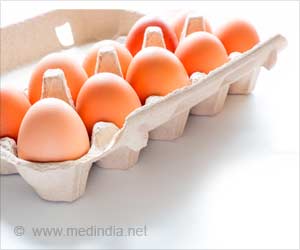Concern in International circles after reports of food scandal in China has led the WHO to issue safety limits for melamine levels in food.
Concern in International circles after reports of food scandal in China has led the WHO to issue safety limits for melamine levels in food.
It is the first time WHO experts have issued safety limits for the use of the industrial chemical and they stressed that melamine should not be used in food at all.The so-called Tolerable Daily Intake (TDI) has been fixed at 0.2 mg per kilogramme of body weight. This means that a person who weighs 50kg can tolerate up to 10mg of melamine per day, said the WHO.
"We expect this could better guide the authorities in protecting the health of their public," said Jorgen Schlundt, WHO director for food safety.
The UN agency stressed however that the industrial chemical "should not be in food" even though traces are sometimes unavoidable.
"The TDI is meant to help national authorities set safe limits in food for withdrawal purposes should melamine be detected as a result of intentional adulteration," added the WHO.
China said Monday that 294,000 children had been made ill by consuming dairy products containing melamine, with 154 still in serious condition.
Advertisement
It has been routinely mixed into Chinese milk and dairy products to give them the impression of having higher protein content.
The scandal has led many countries around the world, including the 27-nation European Union, to ban Chinese milk imports.
This week, the EU added imports of Chinese food containing soya to the ban list. Shipments of Chinese-made baking powder will also have to be tested after high levels of melamine were found.
Source-AFP
SAV










